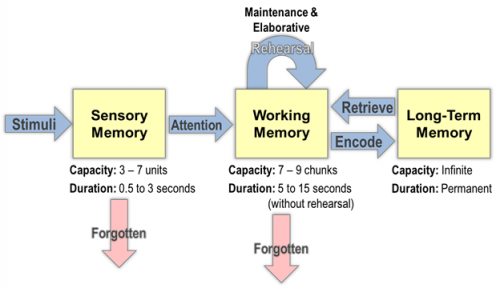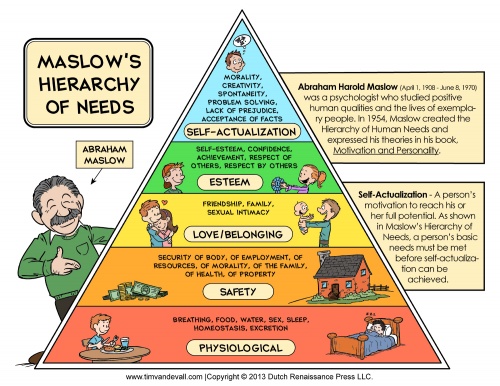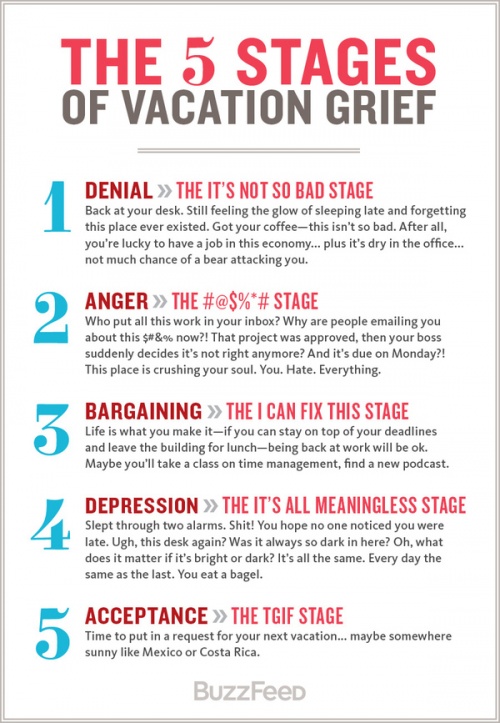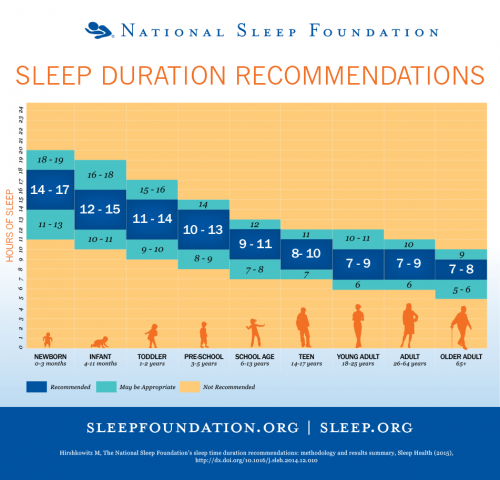Sometimes We Need Someone To Simply Be There

Why Memory Fails Us and How We Can Make Better Use Of It
Our recollections are often less detailed and less reliable than we would like. New research helps explain why memory fails us—and how we can make better use of it. Savor the Moment When taking a picture, we outsource our memory to the camera. “New technology lends itself to just collecting lots of photos,” says Fairfield University psychologist Linda Henkel, “not taking the time to look…

Be Happy Don’t Worry

Maslow’s Hierarchy of Needs
Keep Trying Keep Believing Be Happy Don’t Get Discouraged
Picture: Google image

Walking at Lunchtime Buffers Against Workplace Stress
Taking a lunchtime walk provides employees with a much-needed afternoon mood boost. A team of researchers led by psychological scientist Cecilie Thøgersen-Ntoumani of Curtin University in Australia made use of a specially designed cell phone app to gauge the changes in people’s mood in the moment, in an attempt to get a more accurate picture of how exercise influences mood throughout the workday. Analysis of…

The 5 Stages of Vacation Grief
Source: Google image

How Much Sleep Do We Really Need?
Sleep gives your body a rest and allows it to prepare for the next day. It’s like giving your body a mini-vacation. Sleep also gives your brain a chance to sort things out. Scientists aren’t exactly sure what kinds of organizing your brain does while you sleep, but they think that sleep might be the time when the brain sorts and stores information, replaces chemicals,…
